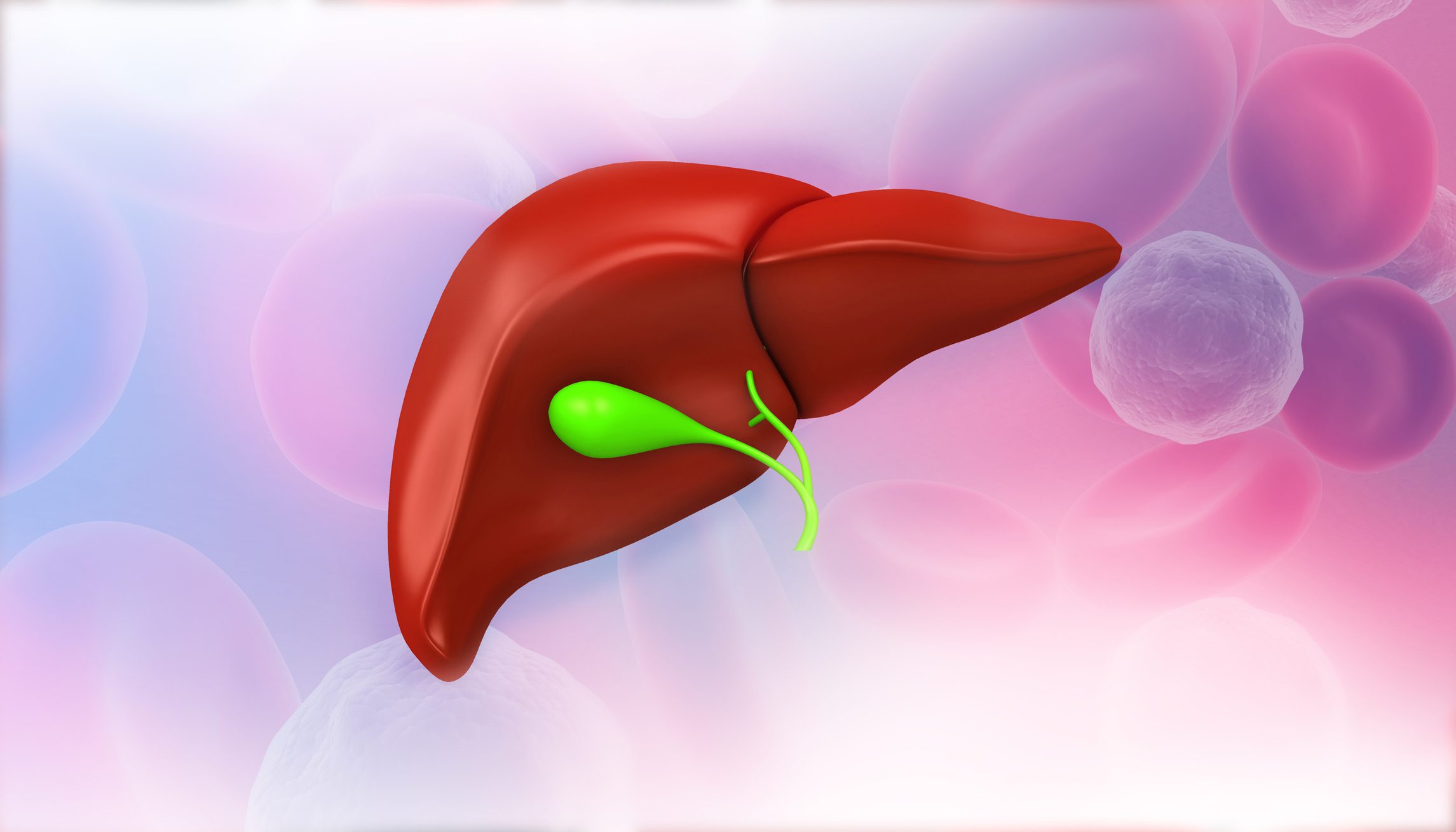The EASL guidelines on the clinical management of hereditary cholestatic liver disease, published in 2024, suggest that genetic testing should be performed as early as possible in the diagnostic process after ruling out common causes. Along with a better understanding of the genes and proteins involved in biliary homeostasis and the increasing availability of genetic testing, more and more patients with adult-onset cholestasis are being tested for cholestasis genes that play a role in progressive intrahepatic familial cholestasis (PFIC).
Autoren
- Mirjam Peter, M.Sc.
Publikation
- HAUSARZT PRAXIS
Related Topics
You May Also Like
- Pulmonary hypertension
PH and lung diseases
- Contact eczema
Causes and prevention at work
- Respiratory infections: viral bronchitis or bacterial pneumonia?
Old crucial question in the light of current findings
- What biomarkers reveal about "biological youth" - and what not (yet)
Epigenetic ageing
- Amyotrophic lateral sclerosis and nutrition
Calorie optimization in ALS through digital intervention
- "Forgotten axis" between plant substances, gut and systemic health
Microbiome and phytotherapy
- HIV: updated EACS guideline
Individualized approach to sustainable prevention and care
- Evidence-based diagnostics and treatment in the medical setting











